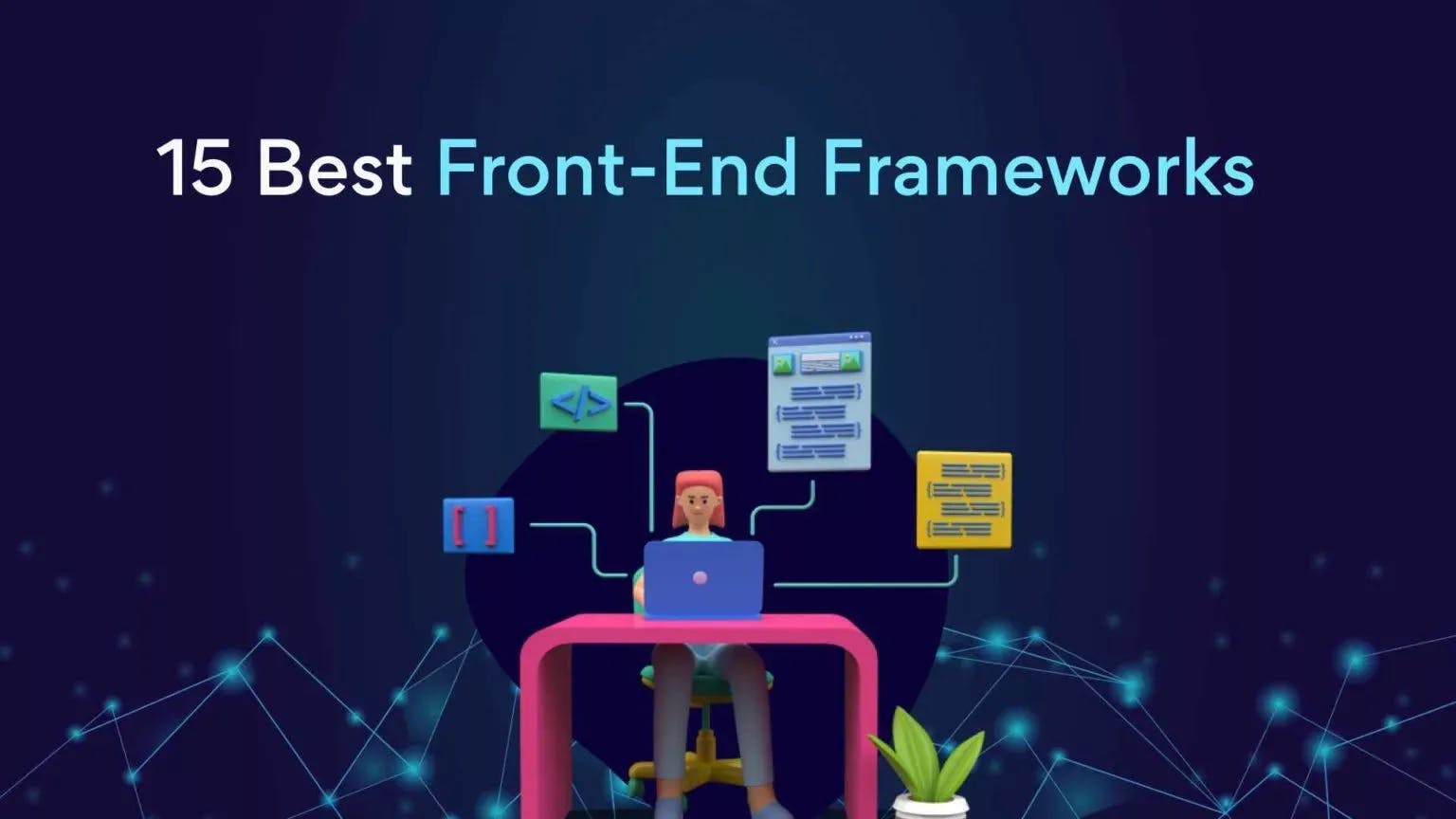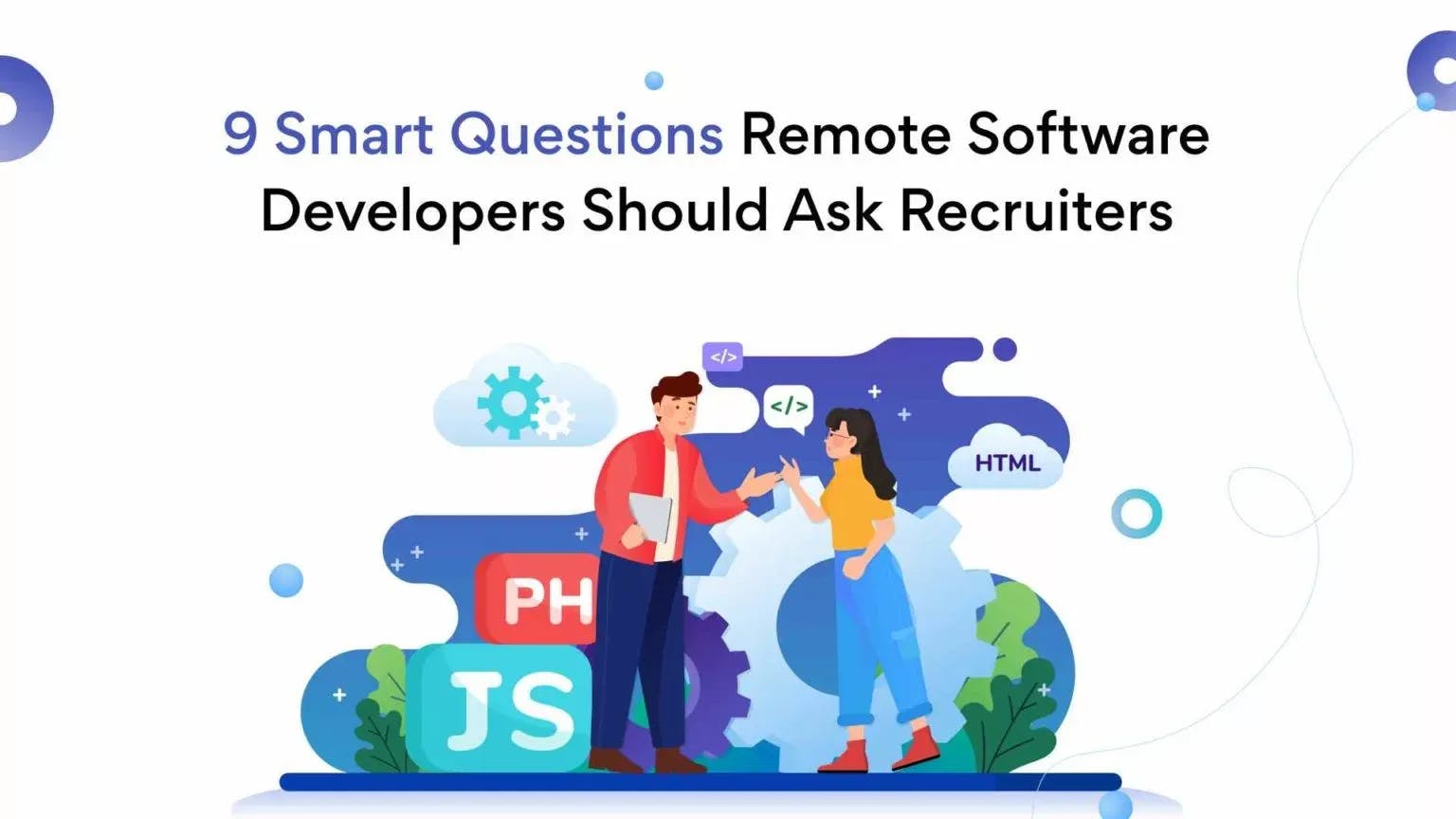Remote full-stack integrations engineer jobs
We, at Turing, are looking for highly-skilled remote full-stack integrations engineers who will be responsible for building large-scale web applications while integrating APIs and other components. Get an opportunity to work with the leading U.S. companies and rise quickly through the ranks.
Find remote software jobs with hundreds of Turing clients
Job description
Job responsibilities
- Design, implement and maintain various modules
- Implement and improve release management processes
- Ensure the technical feasibility of UI/UX designs and implement them
- Translate designs and wireframes into high-quality code
- Build reusable components and front-end libraries for future use
- Work closely with the backend, data science, and DevOps teams for API implementation and design
- Optimize application for enhanced performance and scalability
- Integrate multiple data sources and databases into one system
Minimum requirements
- Bachelor’s/Master’s degree in Engineering, Computer Science, IT (or equivalent experience)
- At least 3+ years of experience in building medium to large-scale web applications (rare exceptions for highly skilled developers)
- Experience in Node.js, ReactJS/VueJS, GNU/Linux
- Strong proficiency with JavaScript/TypeScript and other front-end technologies
- Expertise in one or more back-end technologies such as Python, PHP, Java, Ruby, etc.
- Working knowledge of GraphQL and RESTful web services
- Good understanding of server-side templating languages
- Fluency in English language for effective communication
- Ability to work full-time (40 hours/week) with a 4 hour overlap with US time zones
Preferred skills
- Knowledge of web page styling with CSS stylesheets and pre-processors like SASS.
- Knowledge of user authentication and authorization between multiple systems, servers, and environments
- Knowledge of design patterns and architecture
- Knowledge of DevOps best practices and technologies
- Excellent organizational and interpersonal skills
Interested in this job?
Apply to Turing today.
Why join Turing?
1Elite US Jobs
2Career Growth
3Developer success support
How to become a Turing developer?
Create your profile
Fill in your basic details - Name, location, skills, salary, & experience.
Take our tests and interviews
Solve questions and appear for technical interview.
Receive job offers
Get matched with the best US and Silicon Valley companies.
Start working on your dream job
Once you join Turing, you’ll never have to apply for another job.

How to become a Full-stack integrations engineer?
A Full-stack integrations engineer is responsible for developing software solutions that an organization needs. The solution itself can be very vague and will depend on a number of factors such as what the industry the organization is in, or the budget of the project.
Full-stack integrations engineers design, plan and implement the integration process, including documentation for future managers and engineers to address issues. While analyzing and designing the solutions they integrate for clients, they listen to the client to know their requirements and test plan specifications.
Integration engineers often work with teams such as coordination and customer service to create the best infrastructure possible. They are also responsible for understanding their client’s business needs, finding a solution to meet those needs, planning out and executing the project, and solving any issues that may arise.
What is the scope of a Full-stack integrations engineer?
Full-stack Integration engineers maintain the equilibrium of clients' software systems. They work to integrate a client's needs with existing software, which meets their standards and expectations. Full-stack Integration engineers enjoy a flexible career that allows them to problem solve, design solutions, and code, test and evaluate those solutions. Because integration engineers are in charge of a wide range of tasks, they are in high demand due to their versatility and the services they provide.
What are the roles and responsibilities of a Full-stack integrations engineer?
Full-stack integrations engineers are responsible for ensuring that solutions connect applications and systems across an enterprise or within its specific units or departments. They may prepare proposals that identify business needs, propose custom IT solutions, and solicit bids from vendors.
Key job duties include reviewing existing components to determine integration requirements, creating a design to meet those requirements while considering additional features, application performance, and service availability goals, developing new or customizing existing integration solutions, and testing solutions to ensure they work as designed.
Full-stack integrations engineer’s job responsibilities include:
- The design, implementation, and maintenance of various modules
- Enhance and implement release management processes
- Design UI/UX concepts that are technically feasible and implement them
- Create high-quality code from designs and wireframes
- Creating reusable front-end components and libraries
- Implement and design APIs with the support of the backend, data science, and DevOps teams
- Performance and scalability optimization of the application
- Combining multiple data sources and databases into one system
How to become a Full-stack integrations engineer?
Let us now look at what developers trying to apply for Full-stack integrations engineer jobs should learn and know in order to pursue a career.
To pursue a career as a Full-stack integrations engineer you must remember that there is no requirement for formal education. It does not matter whether you're a graduate or a non-graduate, experienced or inexperienced, as long as you have the required hands-on experience and a strong command of necessary technical and non-technical skills.
And yet, it is common for companies to seek out individuals with bachelor's or master’s degrees while filling the remote Full-stack integrations engineer jobs. This is true because, with a relevant academic background, you can better understand computer programming and web development. This helps you in becoming more proficient in the job and find better opportunities as well.
Here are some of the skills and methods you need to master to become a successful Full-stack integrations engineer:
Interested in remote Full Stack Integration engineer jobs?
Become a Turing developer!
Skills required to become a Full-stack integrations engineer
First, you must start learning the fundamental skills that can get you high-paying Full-stack integrations engineer jobs. Here is what you need to know!
1. Node.js
Node.js is an open-source, cross-platform JavaScript runtime environment for developing a diverse variety of server tools, networking applications, and internet applications. Node.js applications are written in JavaScript and can be run within the Node.js runtime on Windows, Linux, and other platforms. The required libraries are included with the installation of Node.js, so users don’t need to worry about installing them separately as they would with other languages such as Java or PHP.
2. Vue.js
Vue.js is a library that allows developers to create interactive web interfaces. It offers data-reactive components with a straightforward and adaptable API. Core features include the ability to declaratively bind the DOM to your data with directives, automatically monitor the data for changes, and seamlessly update the view when data changes. With modularity in mind, Vue features a component-based architecture where components can be nested and reused. This makes it easy to reason about the application state, as Vue's reactivity system takes care of syncing the DOM automatically.
3. Linux
Linux is an open-source, an enterprise-ready platform for both developers and system administrators. It's the world's most popular operating system for both servers and desktops. And because it's built with open source code, you can use it with more devices, access more apps, and do more work on the go. The Linux operating system is a leading platform for both enterprise and web infrastructure. It has the strength, stability, and flexibility to meet mission-critical computing requirements.
4. Typescript
Typescript has been created with the aim of making your code more readable and easier to maintain. It also allows you to be much more productive by catching typos and errors before running the code or even during the compilation of your application. Typescript is a superset of Javascript, so you can use it anywhere on your project without needing to switch libraries or languages.
5. GraphQL
GraphQL is a data query language developed by Facebook that allows developers to retrieve data from public or private sources quickly, easily, and efficiently. It is an open source API built in JavaScript that provides the ability to define objects via a schema, making it possible to select specific fields instead of retrieving entire sets. GraphQL integrates with any type of API and backend data source, including databases and multiple servers. It can be used with any programming language and can be integrated into almost any IDE or debugger.
Interested in remote Full Stack Integration engineer jobs?
Become a Turing developer!
How to get remote Full-stack integrations engineer jobs?
Developers are similar to athletes. They must practice effectively and consistently in order to excel at their craft. They must also work hard enough so that their skills gradually improve over time. In this regard, there are two key factors that developers must follow in order for that progress to occur: the assistance of someone more professional and effective in practice techniques while you're practicing. As a developer, you need to know how much to practice, so make sure you have someone to help you out and keep an eye out for any signs of burnout!
Turing offers the best remote Full-stack integrations engineer jobs that suit your career trajectories as a Full-stack integrations engineer. Grow rapidly by working on challenging technical and business problems on the latest technologies. Join a network of the world's best developers & get full-time, long-term remote Full-stack integrations engineer jobs with better compensation and career growth.
Why become a Full-stack integrations engineer at Turing?
Elite US jobs
Long-term opportunities to work for amazing, mission-driven US companies with great compensation.
Career growth
Work on challenging technical and business problems using cutting-edge technology to accelerate your career growth.
Exclusive developer community
Join a worldwide community of elite software developers.
Once you join Turing, you’ll never have to apply for another job.
Turing's commitments are long-term and full-time. As one project draws to a close, our team gets to work identifying the next one for you in a matter of weeks.
Work from the comfort of your home
Turing allows you to work according to your convenience. We have flexible working hours and you can work for top US firms from the comfort of your home.
Great compensation
Working with top US corporations, Turing developers make more than the standard market pay in most nations.
How much does Turing pay their Full-stack integrations engineers?
Turing allows its Full-stack integrations engineers to set their own rates. However, Turing will recommend a salary at which we know we can find a fruitful and long-term opportunity for you. Our recommendations are based on our assessment of market conditions and the demand that we see from our customers.
Frequently Asked Questions
Latest posts from Turing
Leadership
Equal Opportunity Policy
Explore remote developer jobs
Based on your skills
- React/Node
- React.js
- Node.js
- AWS
- JavaScript
- Python
- Python/React
- Typescript
- Java
- PostgreSQL
- React Native
- PHP
- PHP/Laravel
- Golang
- Ruby on Rails
- Angular
- Android
- iOS
- AI/ML
- Angular/Node
- Laravel
- MySQL
- ASP .NET
Based on your role
- Full-stack
- Back-end
- Front-end
- DevOps
- Mobile
- Data Engineer
- Business Analyst
- Data Scientist
- ML Scientist
- ML Engineer
Based on your career trajectory
- Software Engineer
- Software Developer
- Senior Engineer
- Software Architect
- Senior Architect
- Tech Lead Manager
- VP of Software Engineering










